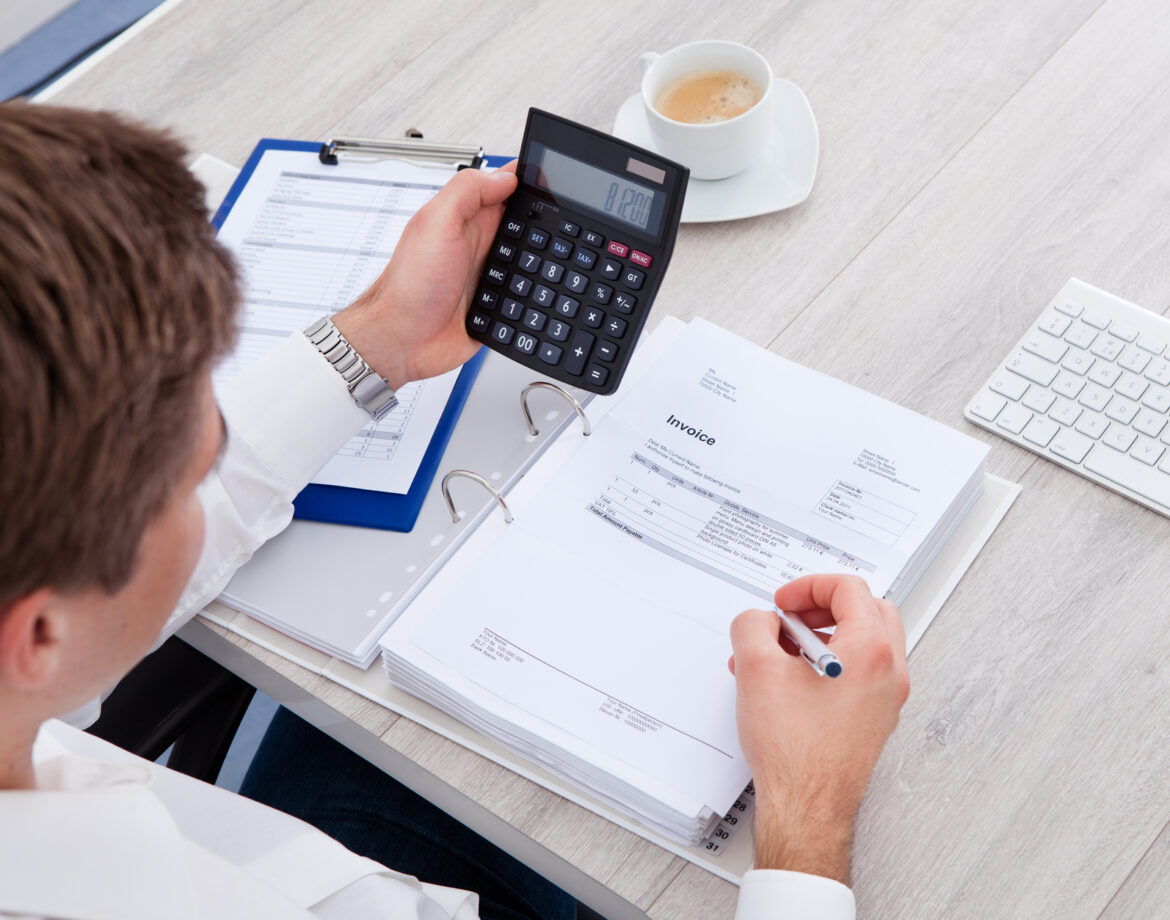According to the IRS, the lion’s share of all businesses in the United States of America are Small Businesses. Also, they report that very few of those small businesses survive to see their Fifth Anniversary. Too often the entrepreneur has a vision and desire to make something happen, but they fall short of understanding the business of making money. That is where an accountant becomes invaluable. Even using business software sometimes is not enough. Information in the wrong account makes for disastrous decision making.
An accountant can verify that all information is in the correct accounts, and that the proper depreciation and amortizations are being taken. For some that may be enough to make informed decisions, but accountants can do SOOOOO much more. The more you understand the reports provided by your accountant, the better you become able to make informed decisions. Therefore, the decisions you make based on those reports are much wiser decisions. Granted, accountants are not miracle workers, and we don’t use magic wands, but we do provide accurate, concise reports, and we can explain each line of the report in detail so you understand why the report shows what it does.
There are various reports that are available. The Balance Sheet shows the value of the business since its first day, and shows the value as of a given date. The Income Statement, sometimes called the P&L or Profit and Loss, show the status of your Income or Loss for the current fiscal year. That balance moves to the Balance Sheet at the end of the year, and a new Income Statement begins for the new fiscal year. The Cash Flow Analysis report helps you to identify if you have enough cash available to pay your bills when they become due. It can also help you project your sales volume needed to meet future obligations.
These reports are not only invaluable to you, but any financier you use will also use these reports to gauge the credit worthiness of you and your business. They look at the percentages of Assets to Liabilities, Income to Expense, and other ratios to help them make informed decisions. These ratios are taken from the reports above that your Accountant provides to you.
An accountant can also help you determine if your financial data is secure by showing you how to use a separation of duties so that no one person has complete control over your finances. Also, it provides a checks and balances situation to help ensure that your data is in the correct accounts. This is a valuable tool used to keep the possibility of fraud from within your organization at a minimum.
Accountants many times are seen as an expense to an organization that does not bring income to the business, and thus an expense that can be negated. Although an accountant does not bring income to the business, the information that they provide is vital in making sure that what you do bring in, in income, is used to the best of its abilities. Further, your decisions are based on clear, concise, and above all, accurate information.






